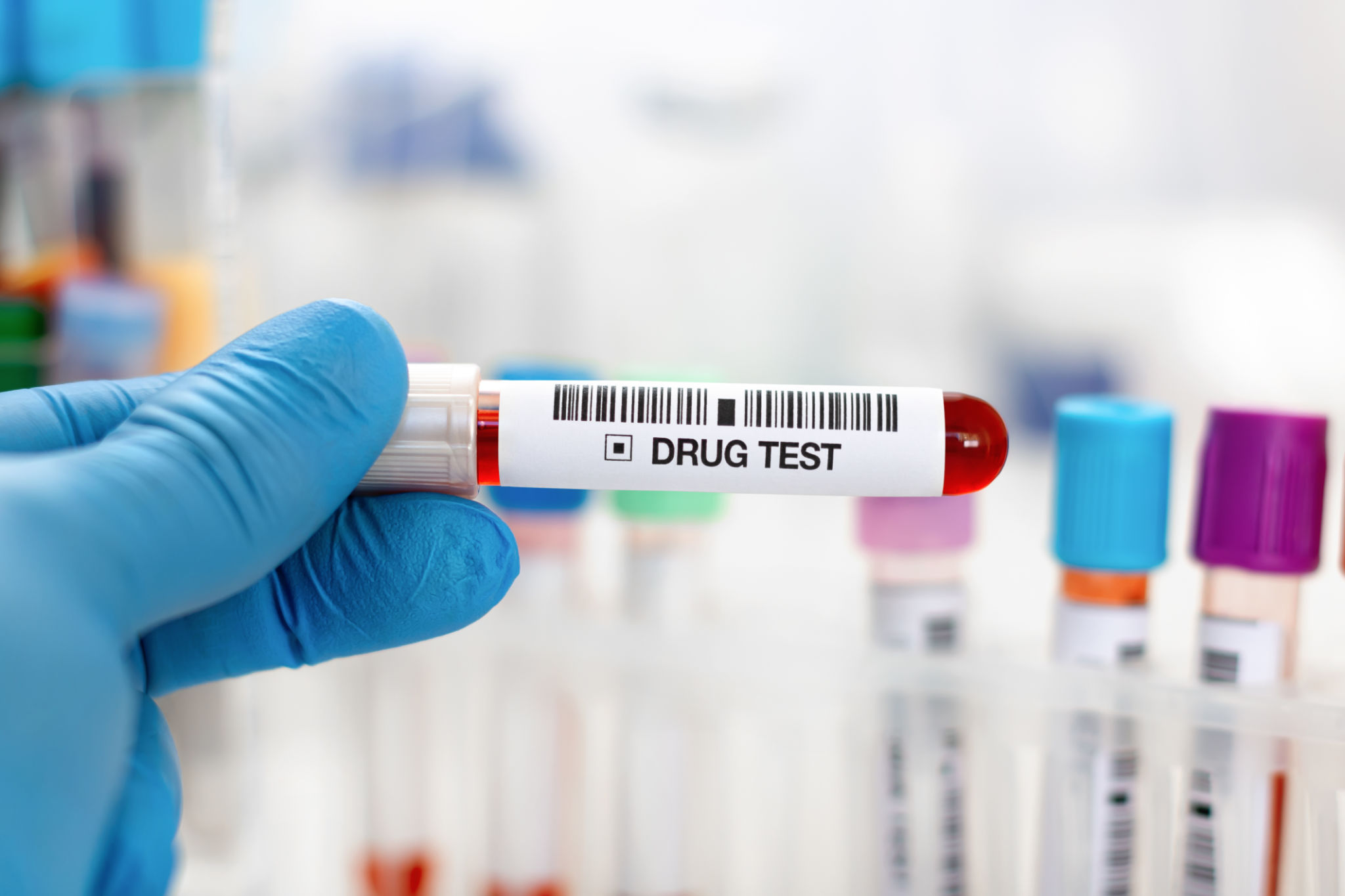Navigating Court Ordered Drug Tests: A Comprehensive Guide
Understanding Court Ordered Drug Tests
Being required to take a court ordered drug test can be a daunting experience. These tests are typically mandated by the court system for various reasons, including probation, child custody cases, or employment-related issues. Understanding the process and what to expect can help alleviate some of the stress associated with these tests.
Court ordered drug tests are conducted to ensure compliance with legal or regulatory requirements. They are designed to detect the presence of illegal substances in a person's system and are often used to monitor individuals who have been involved in legal proceedings.

Types of Drug Tests
Urine Tests
Urine tests are the most common type of drug test used by courts. They are non-invasive, cost-effective, and capable of detecting a wide range of substances. During a urine test, a sample is collected under supervision and analyzed for traces of drugs.
Hair Follicle Tests
Hair follicle tests are known for their ability to detect drug use over a more extended period, usually up to 90 days. This type of test analyzes hair samples and provides a comprehensive history of substance use.

The Drug Testing Process
The process of undergoing a court ordered drug test typically involves several steps. First, you will receive a notification from the court or relevant authority specifying the type of test required and the date it must be completed. It's crucial to adhere to these instructions to avoid legal repercussions.
Once at the testing facility, you will be asked to provide a sample (urine, hair, saliva, or blood) under controlled conditions. The sample is then sent to a laboratory for analysis. Results are usually shared with the court or relevant authority promptly.

Preparing for a Drug Test
Preparing for a court ordered drug test involves more than just showing up at the testing center. It's essential to avoid consuming any substances that could trigger a positive result. This includes not only illegal drugs but also certain prescription medications, over-the-counter drugs, and supplements that might affect the outcome.
Inform the testing center about any prescription medications you are taking prior to the test. Providing documentation from your healthcare provider can help clarify any potential false positives and ensure accurate results.
Consequences of Failing a Drug Test
The consequences of failing a court ordered drug test can be severe, depending on the context in which the test was mandated. Possible repercussions include:
- Revocation of probation or parole
- Loss of child custody or visitation rights
- Employment termination or disciplinary action
- Additional legal penalties or fines
It is vital to understand the specific implications related to your case and take the necessary steps to comply with all court orders.
Seeking Support and Resources
If you are facing a court ordered drug test, seeking support from professionals can be beneficial. Legal advisors can provide guidance on navigating the process, while healthcare professionals can offer assistance in addressing any substance use issues.
Furthermore, support groups and counseling services can offer emotional support and practical advice for those undergoing drug testing as part of their legal obligations.
